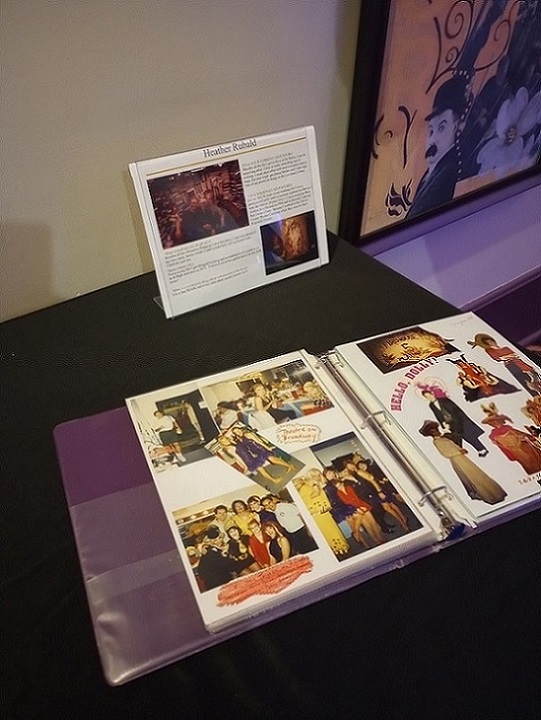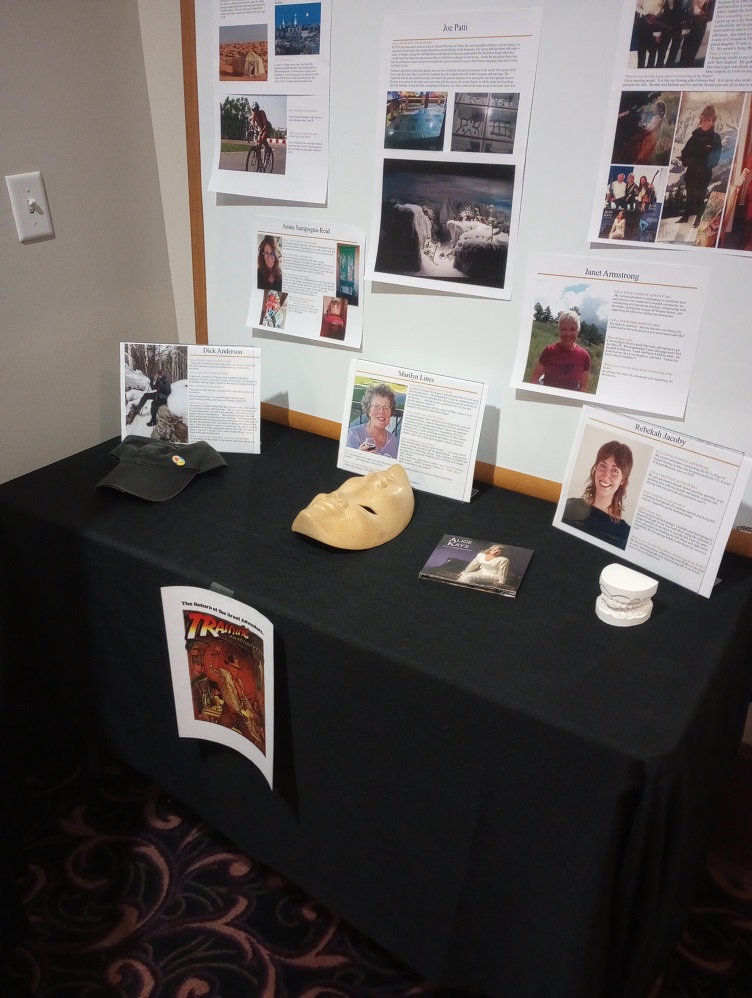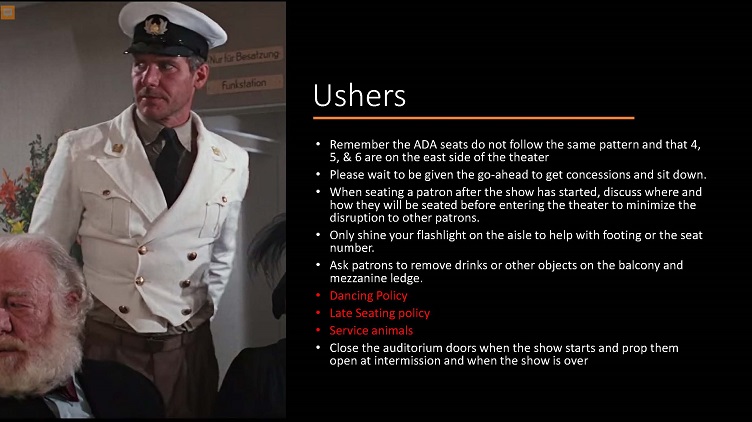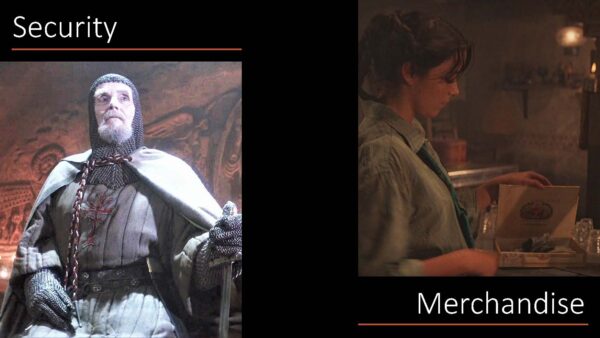I wanted to brag a bit on my staff today. For about a year now I have been talking about making our promotional materials and operational habits focused more toward attendees rather than inwardly focused. As a result, staff has helped collect images of audiences enjoying themselves and gather stories about what engages and interests them both about our venue and programming, but also the greater community.
One of my staff members took this to heart and expanded on the concept to include our volunteers. For me this reinforced the concept that the target of customer-centric efforts aren’t just the people we hope will show up. More about that later.
One of the things our staff member does is conduct “Let’s Make A Deal” style quizzes about safety procedures before every performance. If a volunteer answers correctly, they get to choose a box with prizes under them. Some are fun white elephant type prizes.
For a recent training sessions we held for all volunteers, she sent out a Raiders of the Lost Ark themed invitation that invited volunteers to submit stories and pictures about current and past adventures, share something they are proud of, funny stories and their favorite thing about volunteering. They were also asked if they wanted to bring in an artifact to share.
About half of the 40 people who attended submitted stories, images and artifacts which we put on display across three walls of a lobby alcove.


She carried the same Raiders of the Lost Ark theme through the training Powerpoint with images from the movies which were spot on with the topic.


You can probably see the obvious link between volunteers feeling engaged with an organization and the willingness and energy they can bring to helping audiences feel welcomed. Who is in the lobby greeting people as they arrive is just as important as the faces and stories that appear on stage or on the walls/display in the space.
The customers in a customer centered approach aren’t just the primary targets of your efforts, whether it as a paid or unpaid attendance environment, volunteers and other constituencies, including infrequent or non-attendees are part of the mix. The impression everyone in the greater community has about your organization and the experience you offer gets communicated to a greater or lesser extent. Volunteers are definitely a primary point of contact for audiences, but non-attendees who feel their quality of life is improved by having an entity like yours available have just as big a role to play so having them feel engaged, if only in a tangential manner, is valuable.


Yeah I figured they were either box seats or organ pipes. The design suggested there were actual box seats there…